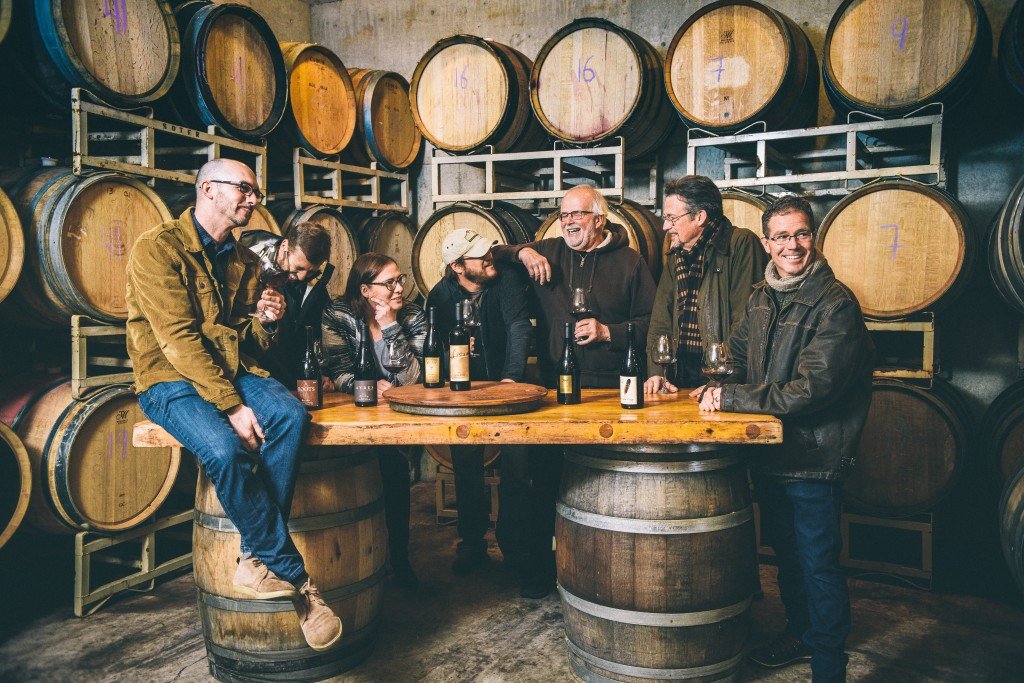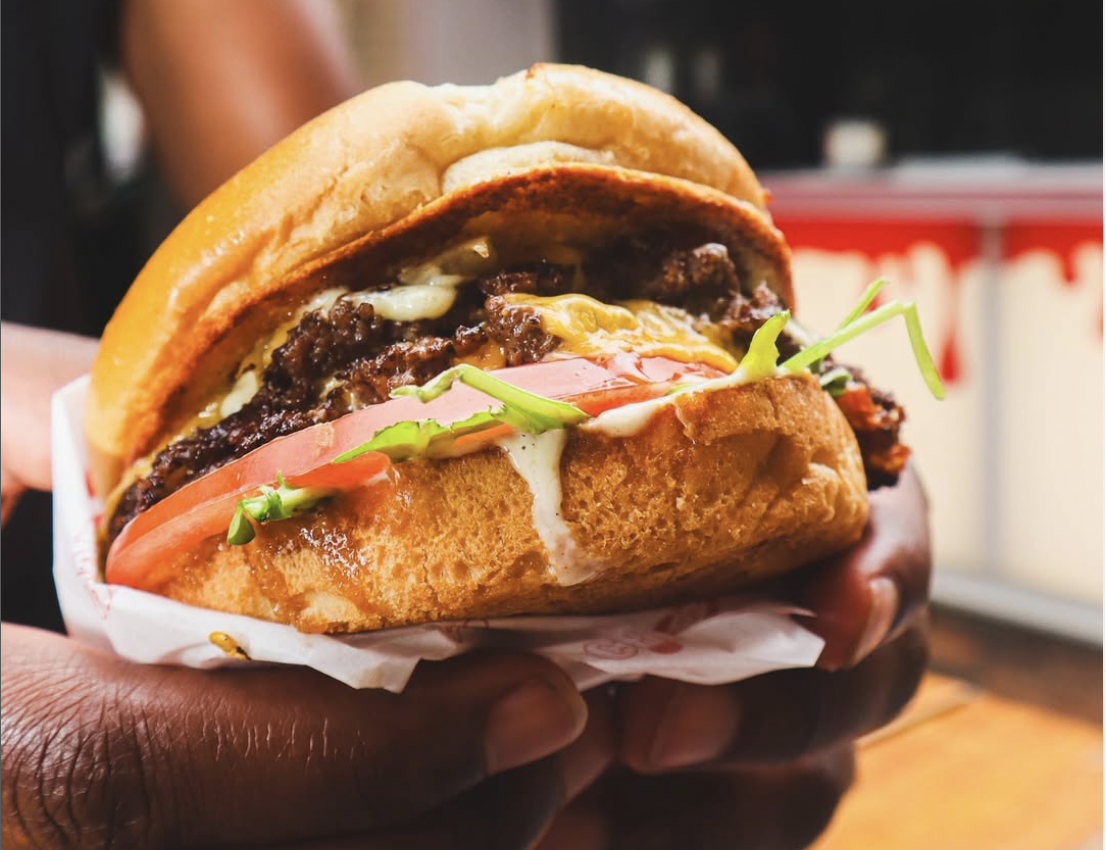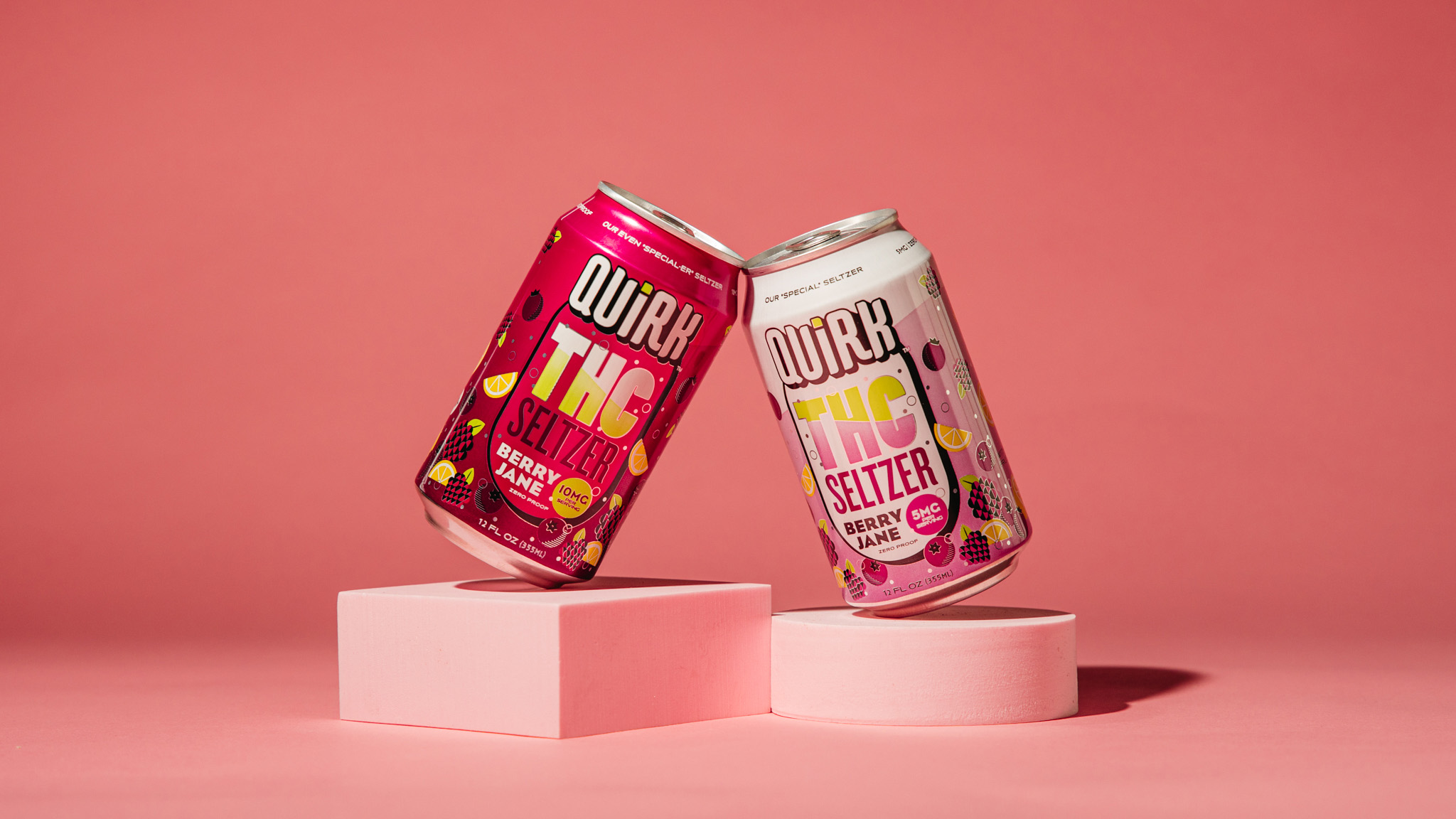*Photography by Kathryn Elsesser
To paraphrase a riff from Kansas City native son Calvin Trillin, the best winemakers in Oregon are, of course, from Kansas City. Not all of them; only the top four or five.
This isn’t the first exodus of talent from Kansas and Missouri. Hundreds of thousands of people followed the Oregon Trail to the Willamette Valley in the mid-1800s. They settled the wild Oregon territory with hard work, livestock and crops. Unfortunately, the grapevines they brought along produced fruit better suited to making preserves than Pinot Noir.
In recent decades, a new round of expats arrived from places like WaKeeney, Kansas, and Des Peres, Missouri. They brought with them the same values and work ethic held dear by their prairie ancestors. These new settlers infused the valley with Midwest gusto as they made world-class wines. Here are just a few of their stories.
King Estate Winery (est. 1991)
Without a Kansas cowboy frozen to his saddle, Oregon likely wouldn’t have one of its largest and most successful wineries.
Edd King was riding the range on a brutally cold night near Jetmore, Kansas, when he became frozen to his saddle. Unable to get loose, King rode to a distant farmhouse, where one of the daughters who assisted him ended up marrying him.
King’s son, Ed King Jr., graduated from Kansas State University and went on to create King Radio Corp., a multinational avionics powerhouse. King Jr.’s son, yet another Ed King, graduated from the University of Kansas in 1972 and then attended law school at the University of Missouri to give his family a sense of collegiate balance.
After practicing law for a few years in Alaska, King felt the need to return to the family business, so he went looking for an MBA degree. King settled on the University of Oregon in 1982 — another lucky frozen saddle type of break for the state’s wine industry.
After selling the family company in 1985, King, his father, and other family members built the family’s namesake winery. The winery sits on a rural hillside in the Lorane Valley, just south of Eugene. King says the former hay farm, with its horses and dusty gravel roads, reminded him of Kansas.
Even though he presides over a winery making 350,000 cases of wine a year, King finds time to head to Kansas City to visit his sister in Loch Lloyd. Hitting Arthur Bryant’s for barbecue and a Royals game are favored diversions. “I grew up two doors down from Ewing Kauffman’s home, so that’s a family tradition,” King says.
Ayres Vineyard (est. 2002)
Brad McLeroy is a Kansas City beverage blue blood. His father and uncles were partners with Ed Moody in the original Gomer’s, the gas station that evolved into the legendary liquor store.
McLeroy got his start in the industry at an early age by sweeping the floors, emptying the trash and breaking down cardboard boxes at Gomer’s. After graduating from Center High School in 1986, McLeroy studied business at the University of Colorado in Boulder. But why not go to KU or K-State? “I really liked to ski,” McLeroy says. “And yes, I graduated in four years.”
After graduation McLeroy went back to the family business, and he also found time to slip away to Oregon to work harvests. He was hooked. After a short stint in 1993 at Portland’s Western Culinary Institute, McLeroy returned to Kansas City and, with the purchase of Broadway Liquors & Deli, he accumulated a war chest. He cleared out their massive inventory of pint bottles and glass pipes and turned it into Gomer’s Midtown.
McLeroy’s store became famous in Kansas City for its wine classes, unlicensed supper club and selection of wines from Europe and the Pacific Northwest. In 2000, McLeroy sold his store and used the proceeds to buy land near Newberg, Oregon, plant a vineyard and build a house and winery.
McLeroy’s mother still lives in the Kansas City home where he grew up. “I’m proud of Kansas City,” he says. “It’s so livable, and you don’t see tree-lined streets like this everywhere. I get back there a few times a year to work the market and visit my mom.”
What else does he do in Kansas City? “We would go to Martin City for fried chicken and barbecue when I was a kid, but now I like to go to Jasper’s or visit with chef Michael Smith at Farina,” he says. “It’s also hard to beat riding the streetcar to the Arts District.”
Raptor Ridge Winery (est. 1995)
Scott Shull of Raptor Ridge Winery in Newberg, Oregon, can trace family origins to Coffey County, where his parents once lived near Burlington, Kansas, and his maternal grandparents were homesteaders.
“My mom liked to tell us when we were kids that she could still hitch a team of horses,” Shull says. “My parents were definitely Kansas country kids.”
Shull’s parents were both University of Kansas graduates who ended up in the suburbs of St. Louis after World War II. That’s where Shull grew up, graduating from Kirkwood High School in 1975. “I still love visiting my sister in St. Louis,” he says. “It’s hard to beat eating at Rigazzi’s on the Hill and strolling through Shaw’s Garden.”
Even then, he still spent summers working his Uncle Ike Hatch’s farm in eastern Kansas. “You never, ever forget the experience of baling hay in Kansas in August,” Shull says.
Shull bucked family tradition and went to the University of Missouri to study journalism. Fortunately, this did not cause trouble at family dinners. “The only sport in our family was baseball and the only team was the Cardinals,” he says. “Kansas and Missouri weren’t good at baseball, so there were never any problems.”
The pursuit of photo journalism and extracurricular seminars at Booches and Harpo’s quickly turned into an electrical engineering degree when Shull started thinking about earning a living. Degree in hand, he drove an old Ford Galaxy to Oregon to take a job at Intel.
Shull says his Midwestern upbringing helped him maneuver his way from Intel to starting a winery with his wife, Annie. “It was hard to scratch out an existence on a farm,” he says. You couldn’t just go around the corner to the Home Depot. You had to have your own forge. Because of that, my family had a favorite word: stick-to-itiveness. If you start a job, finish it. I still see that in folks from where I grew up.”
Sass Winery (est. 1996)
Not many winemakers can claim they were managing editor of the Daily Kansan, the University of Kansas student newspaper. Then again, Jerry Sass’ path to winemaking isn’t exactly typical.
Jerry Sass is a native New Yorker, but he earned his Midwest stripes with a master’s degree from KU. Sass studied in Lawrence for two years in the late 1970s before heading to the Pacific Northwest for a twenty-four-year career in journalism.
“I got enough of Lawrence to know I loved Kansas,” he says. “It was nothing like the stereotypes. Everything about Kansas speaks to me in a contemplative and peaceful way.” He quickly grinned before adding, “I bet no one’s ever talked to you about Kansas like this before.”
Sass confesses he spent too much time at the Daily Kansan to have a “well-rounded” Lawrence experience. He does however, have fond memories of the occasional Friday night spent at the Rock Chalk Bar and Dirty Herbie’s.
Although she is also a Jayhawk, Sass met his wife, Susan Gage, at the copy desk for The Oregonian in Portland. They purchased a grass seed farm near Salem, Oregon, where they planted Pinot Noir and Pinot Gris vines in the late 1980s and early 1990s.
“I was worried that making wine wasn’t important, but my dad used to make wine in the garage and he told me wine has a sacred quality because it goes with food, family and fellowship,” Sass says.
Sass also credits Kansas for instilling in him that same work ethic Scott Shull described. “Hard work is the foundation of everything in Kansas,” Sass says. “There’s also a set of family values that guides how I treat my customers. I brought all of that with me.”
Natalie’s Estate Winery (est. 1999)
Boyd Teegarden is described by Scott Shull as “our token Wildcat winemaker.” And unlike other winemakers mentioned here, Teegarden’s family pedigree is as pure as snow on Mount Sunflower.
“My whole family went to Kansas State University, so we all get along,” Teegarden says.
Teegarden, a proud Winnetonka High School Griffin, grew up on his family’s soybean farm in the East Bottoms of KCMO. “It was such hard work I vowed when I went off to K-State that I would never have a garden, much less work on a farm again,” he says. “Now look at me. My mom laughed when I planted my own vineyard.”
Teegarden got his first taste of the beverage industry waiting tables in Aggieville at the now-defunct Dark Horse. Kite’s Bar and Grill and Annie Mac’s Parlor were other favored hangouts. When he goes back to Manhattan (the Kansas Manhattan, that is) each year to attend a Wildcat football game, he celebrates at the Wine Dive and Kitchen.
After college, Teegarden landed a wine distribution job with E&J Gallo. The job took him to Colorado, Florida and Portland. “After being based in south Florida, I appreciated Oregon,” Teegarden says. “I could go back to saying ‘hi’ to people on the street, just like in Kansas and Missouri. You could even enjoy all four seasons here, although they aren’t as extreme as back home.”
Oddly enough, given Oregon’s stellar mushroom reputation, the one thing Teegarden really misses from home is morels. “Every spring, we’d go up in the hills near the farm and bring back grocery bags filled with the most delicious morels I’ve ever had,” Teegarden says.
Roots Wine Co. (est. 2002)
Roots Wine Co. is the marriage of two University of Kansas alums from disparate backgrounds: Hilary Berg from the very Catholic Kapaun Mt. Carmel High School in Wichita and Chris Berg from the very Nordic William Fremd High School in
Palatine, Illinois.
Even though they graduated from KU seven years apart, the couple managed to find each other at Papa Keno’s, where Chris played with his band, Acoustic Juice. After six months of dating, Hilary joined Chris in Oregon when his parents purchased a manufacturing plant in Tualatin and a timber farm
near Yamhill.
Chris helped turn that farm into a vineyard with plantings in 1999 and 2000. In March 2003, the couple married at the Eldridge Hotel in Lawrence. It was the most Jayhawk wedding ever, as guests abandoned the dance floor for the hotel bar to watch Kansas book a trip to the Final Four by beating Arizona.
These days they live with young son Theo on their wine property, where Chris makes the wine while Hilary edits The Oregon Wine Press.
The Bergs take Theo to Wichita every October so he can trick-or-treat with his cousins. “I love Wichita,” Chris says. “Their art museum is fantastic, and the Wichita Zoo puts the Portland Zoo to shame.” Other Berg Wichita pastimes include bulk shopping at the Nifty Nut House and visiting what Hilary describes as “the creepy old Cow Town Museum.”
The Bergs also appreciate the way the Midwest shaped their worldviews. “I don’t look down on or make fun of where people are from,” Hilary says. “I appreciate other places because people live there and I want to know their stories.”
Lady Hill Winery (est. 2011)
Partridge, Kansas, population two hundred and forty-eight, is the last place you would expect to produce a big-time Oregon winery owner like Elaine Owen.
Owen, who owns Lady Hill with her husband, Jerry, describes Partridge as “a one blinking light kind of place that instills a small-town sense of fearlessness in you.” When her high school closed, fourteen-year old Owen was required to get a special farm permit to drive her Plymouth Aero forty-four miles round-trip each day to attend school in Haven. If you have ever traveled central Kansas back roads in the winter, you understand fearlessness.
Owen grew up on a farm just outside Partridge. It was an idyllic place where kids fished for sun perch and shot Daisy Red Ryders at the road sign commemorating the Partridge Quails’ 1954 basketball championship.
“It’s the heart of the heartland,” she says. “I know it’s not everybody’s cup of tea, but we love it, and we love taking our nine kids back to visit my family for Christmas. The people are ordered at a more humane pace.” Owen describes traveling with eleven people as an “extreme sport.” She says finding an Amish AirBnB near Partridge that could handle all of them was a lifesaver.
Owen is a graduate of the University of Kansas, and happy reminders surround her at Lady Hill Winery. First, there is her husband, who attended the same Pearson Integrated Humanities Program at KU she did before he moved home to finish at Oregon State University. They were introduced by a mutual friend (who happened to be Elaine’s boyfriend at the time).
Reminder number two is Lady Hill’s winemaker, Dan Duryee, a former semi-professional soccer player from WaKeeney, the “Christmas City of the Plains.” In addition to making Lady Hill’s wine, Duryee also makes custom wines for Miles Schnaer of Crown Toyota in Lawrence and for former Jayhawk hooper Mario Chalmers.
Finally, Owen has stars on the roof of the winery tasting room and sunflowers on a few of her wine labels to remind her of Kansas’ sky and soil.
Is the Willamette Valley better off for having a band of Kansas and Missouri folks running around? Yes.
“It is a kinder and gentler place because of us,” Brad McLeroy quipped.
Elaine Owen even proposed making the Willamette wine tent bigger.
“I absolutely believe the Willamette Valley is better off for having Kansans and Missourians here,” she says. “You can even add a few Oklahomans for good measure.”
*Michael Alberty writes about wine for The Oregonian newspaper in Portland, Oregon. He grew up in Olathe and still bleeds a heady mix of Royals blue, Chiefs red and Arthur Bryant’s original sauce.





